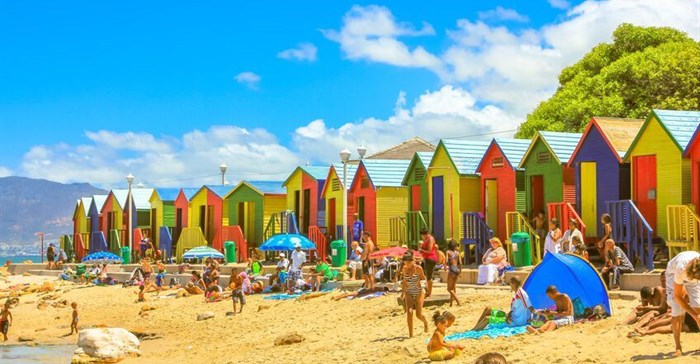According to the July tourist accommodation statistics issued by Stats South Africa, the country's hospitality sector is on the road to recovery. But the opportunity exists to speed that recovery up, says Fedhasa, South Africa's national trade association for the hospitality industry.

Source: ©bennymarty -
123RFWhile total income for hotels, guest houses and other accommodation, including lodges, B&Bs and self-catering establishments still lags behind 2019 figures, there are small signs of hope with the average income per stay unit night sold in July 2022 slightly higher than that reported in pre-pandemic July 2019 (R1,197 vs R1,080). Total income for July 2022 is just over 4% behind July 2019 levels.
“When we split the July figures into different accommodation types, we see that accommodation classified as ‘other’, that is lodges, B&Bs and self-catering, has led the charge and achieved almost 26% more income in July 2022 vs July 2019. This type of accommodation has consistently outperformed other types in terms of recovery this year,” says Rosemary Anderson, national chairperson of Fedhasa.
Statistics South Africa also reports that total income for the hotel sector in July 2022 is 14% lower than total income in July 2019, while occupancies are at 35.6% vs 47.3%.
However, figures from data intelligence group STR, which provides market data on the hotel industry worldwide, puts total occupancies for the hotel sector in July higher than Statistics South Africa, at 53.3%.
“The recovery in the accommodation sector is being driven by the five-star and three-star markets, if occupancies are anything to go by, says Anderson. “Further, we see provinces like Limpopo and Kwa-Zulu Natal leading in July, although the year-to-date picture may be different as provinces like the Western Cape experience their low season at this time.”
SA tourist arrivals still lagging
Tourist arrival figures to South Africa for July indicate that the country is still far behind 2019 levels. For Europe, the source of most of our key traditional source markets, South Africa is 36% behind 2019 levels, with the biggest lags seen from France (-45%), Germany (-43,9%), Italy (-42,5%) and the Netherlands (-40,7%).
Global travel intelligence firm, ForwardKeys, confirms that South Africa’s current and future arrivals are lagging behind East Africa competitors and the global average. Kenya’s recovery is 15% behind 2019 levels for Q4 2022, while South Africa is still sitting at -40%. The global picture for international arrivals in Q3 was already at -38% and for Africa -23%.
ForwardKeys insights expert Shingai George confirms that much of Africa’s recovery has been driven by long-haul arrivals which is approaching pre-pandemic levels, with France being the first source market to have exceeded pre-pandemic levels (+4% in Q4 2022), followed by Spain (-6%), the USA (-8%) and United Kingdom (-13%).
“Driving South Africa’s recovery is the US market which is behind 2019 levels, but only by 17,5% and with the additional airlift we will see going into our summer season we are hopeful that this market will strengthen even further,” Anderson says.
Coordinated approach needed
A coordinated and focused approach to growing tourism would go some way to speed up the recovery of the sector as it capitalises on the upcoming peak period, particularly as South Africa positions itself as a destination that delivers on the Greatest Of All Trips desire so many international travellers have coming out of Covid.
“We’ve spoken at length about the red tape that government needs to remove so that the tourism and hospitality sector has the space it needs to create jobs, but we also have a unique window of opportunity as we head into one of our busiest times of the year to promote the destination in such a way that our international visitors see the value that South Africa offers,” says Anderson.
“We should be looking at what other destinations, like those in East Africa, are doing to supercharge their recovery. It’s quite clear that business as usual isn’t going to deliver the fast growth that South Africa and its economy need right now. It’s going to take an extraordinary effort, and the concerted commitment from both private and public sector to make it,” Anderson concludes.





































